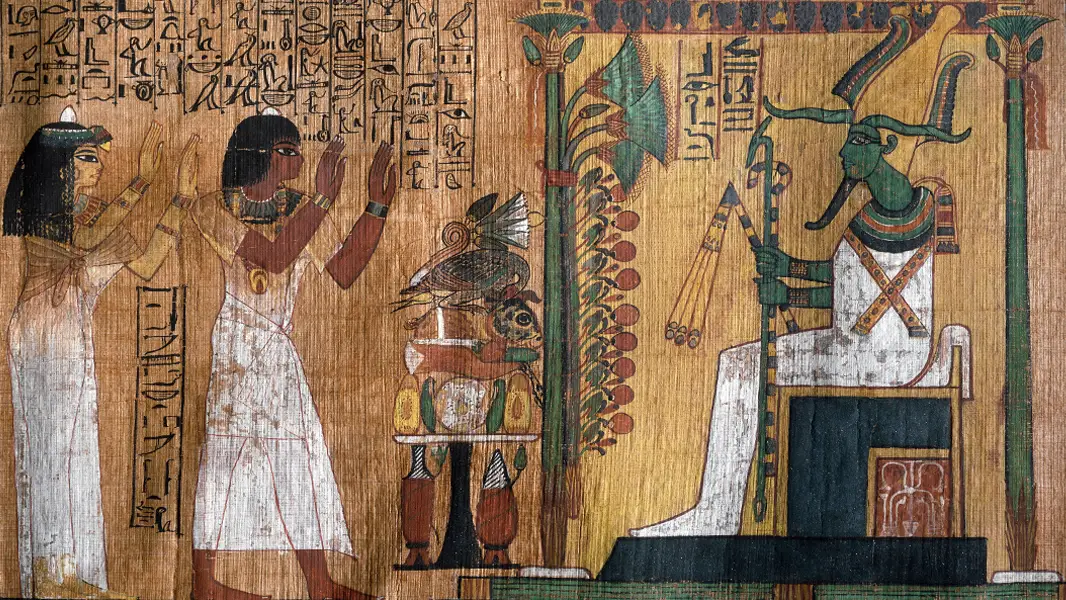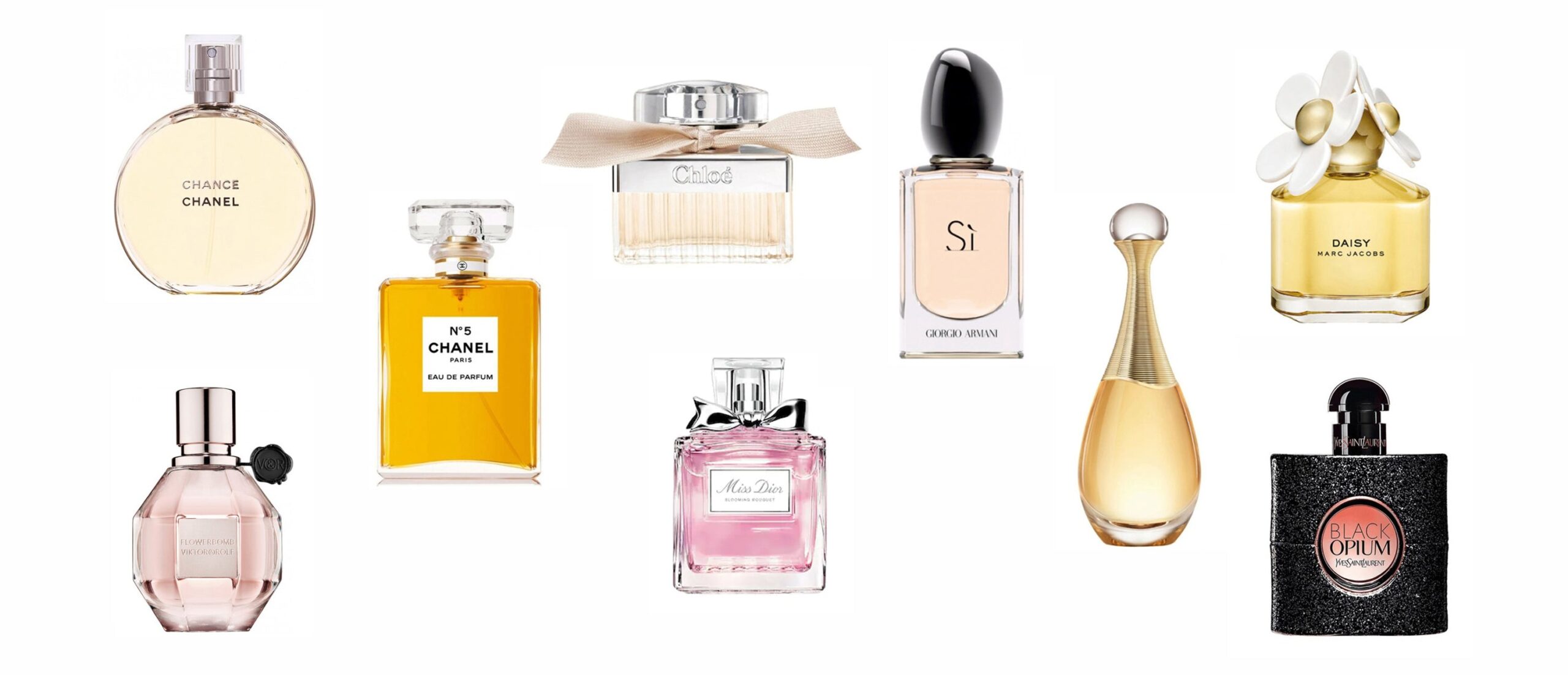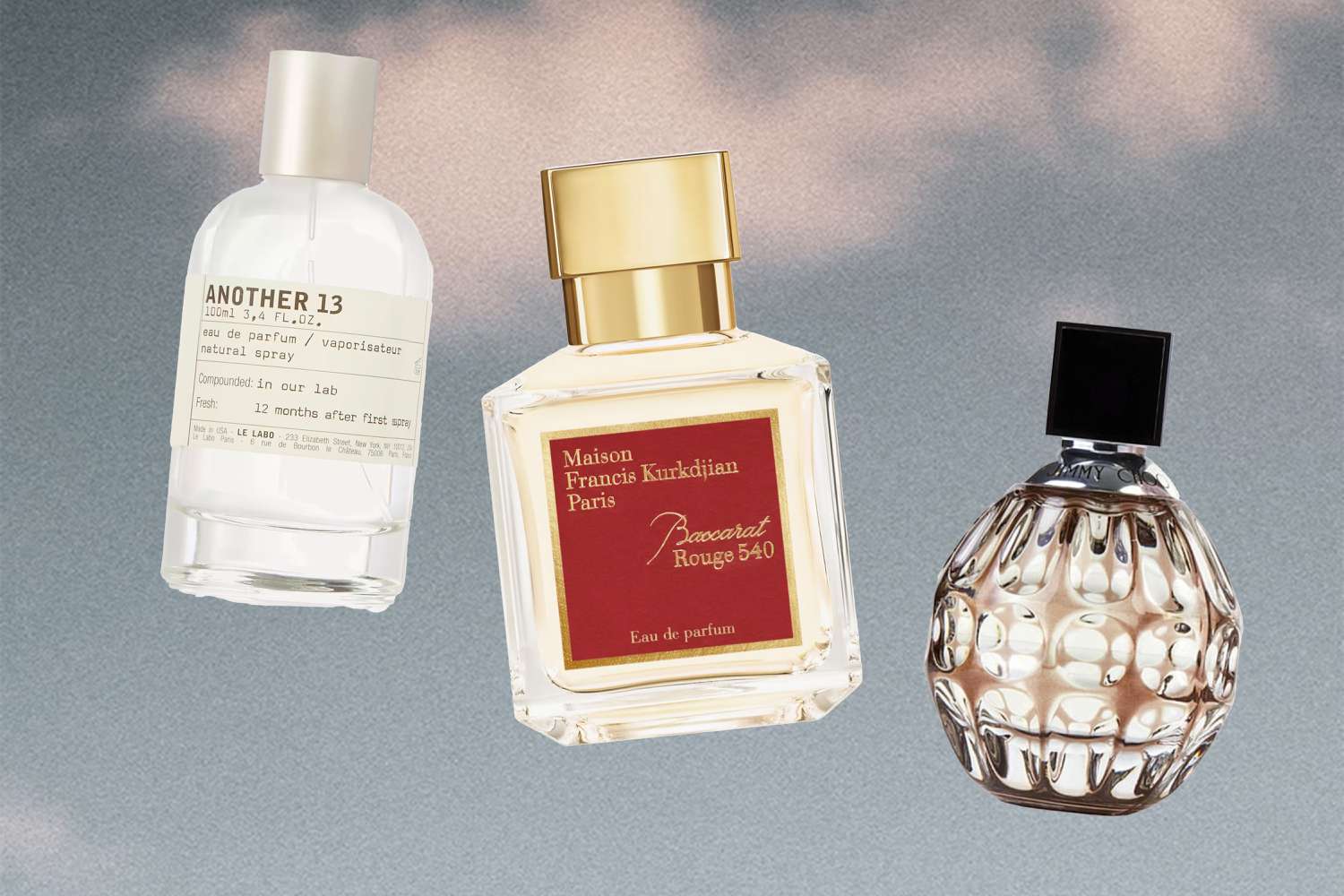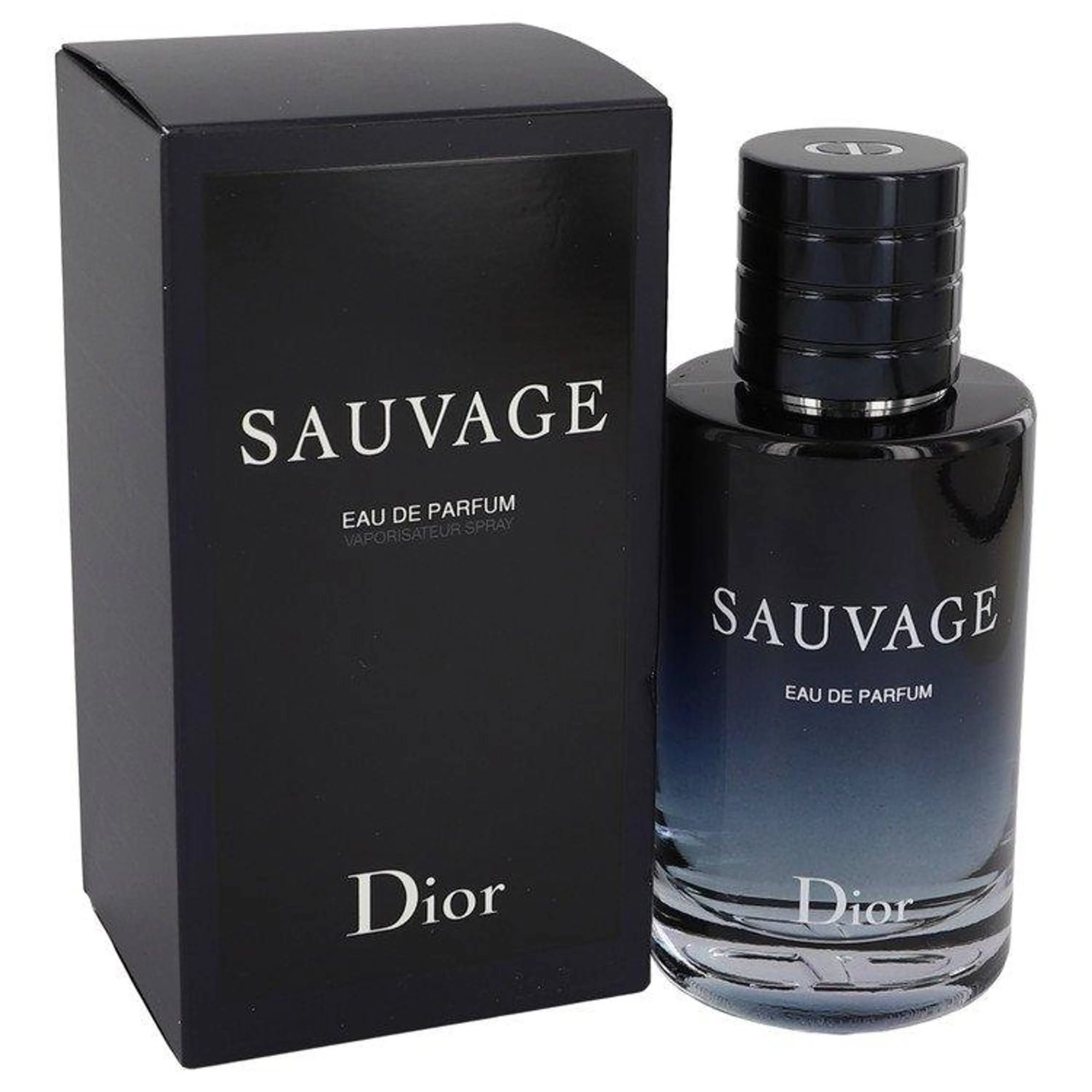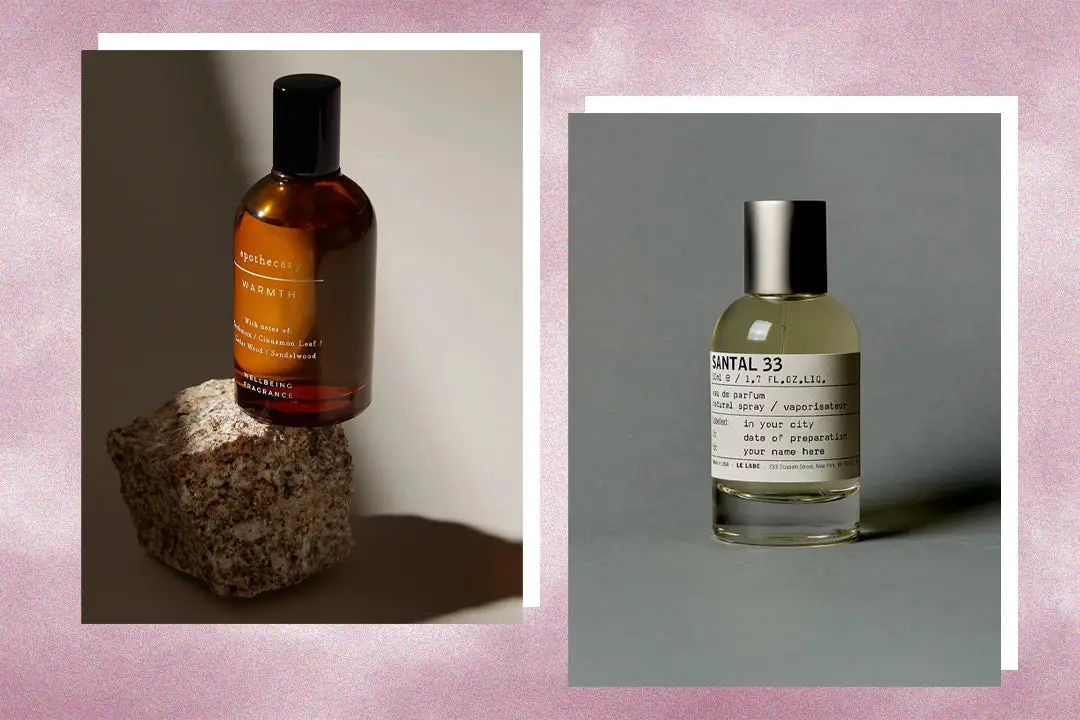France produces the most perfume in the world. Known for its rich history in exquisite fragrances, France dominates the global perfume industry, creating iconic scents that are coveted around the world.
With a long-standing tradition in perfume-making, French perfumers have perfected the art of blending aromatic ingredients to encapsulate the essence of luxury and sophistication. Renowned perfume houses such as Chanel, Dior, and Guerlain have paved the way for France’s unrivaled position in the fragrance industry.
The country’s expertise in crafting unique and timeless scents has earned it the title of the perfume capital of the world. From the glamorous streets of Paris to the charming fields of Provence, France continues to be the unrivaled destination for perfume enthusiasts and connoisseurs.
The Origins Of Perfume Making
Perfume making has a long history that dates back to ancient times. Early techniques of creating perfume involved the use of natural ingredients, such as plants, flowers, herbs, and resins. These were collected and processed to extract aromatic oils, which were then combined with various substances to form perfumes. Ancient civilizations, including the Egyptians, Greeks, and Romans, were known for their advancements in perfume production. They developed sophisticated methods of distillation and extraction to craft unique fragrances. The Egyptians, in particular, made significant contributions to the perfume world with their use of resins, myrrh, and frankincense. Perfume production was an art form and a highly valued industry in these ancient cultures, reflecting the importance placed on personal hygiene and sensory experiences.
Perfume Making Techniques Throughout The Ages
Throughout the ages, perfume making techniques have evolved, leading to the production of a variety of scents. Different cultures have influenced the production of perfumes, incorporating unique ingredients and methods. From ancient Egyptian and Roman civilizations to the Arabian world, perfumes have been an integral part of their cultures. The art of making perfumes has also witnessed technological advancements, with the introduction of distillation and extraction methods in the 9th century. Nowadays, modern technology allows for the mass production of perfumes, ensuring consistent quality and scent. These advancements have contributed to the worldwide popularity of perfumes and the industry’s remarkable growth. Today, various countries, such as France, the United States, and Italy, are renowned for their significant contributions to the perfume industry.
Contemporary Perfume Production
Contemporary perfume production has evolved significantly over the years, with a focus on modern perfume-making practices. One notable change is the introduction of synthetic ingredients, which have expanded the range of scents available and allowed for greater consistency in fragrance creation. The utilization of technology has also played a crucial role in enhancing perfume production processes. Advanced machinery and equipment are now used to extract, blend, and refine ingredients, ensuring precision and quality in the final product. The incorporation of automation has streamlined production, allowing for more efficient and cost-effective manufacturing. With these advancements, the perfume industry has been able to meet the growing demand for luxury fragrances worldwide.
France: The Perfume Capital
France has long been acclaimed as the perfume capital of the world, boasting a rich historical role in perfume production. The country’s legendary perfumers have established famous French perfume houses that have garnered worldwide recognition. French perfumers have had a significant influence on the global market, with their creations setting trends and shaping the industry. Their skill and expertise have helped France maintain its position as a leading producer of perfume. The country’s dedication to crafting exquisite scents has made it a go-to destination for perfume enthusiasts, who flock to experience the olfactory delights found within French perfumeries. From the historical significance of France’s role in perfume production to the global impact of its perfumers, the country continues to be a powerhouse in the fragrance industry.
The Rise Of The Middle East
The Middle East has emerged as a significant player in the global perfume industry. This region has a rich tradition of perfume production, with each country having its own unique approach. Fragrance has always held great cultural and religious importance in Middle Eastern countries, with scents being used for various occasions and purposes. Prominent fragrance brands from the Middle East, such as Arabian Oud, Ajmal, and Amouage, have gained international recognition for their exquisite and luxurious scents. The impact of Middle Eastern fragrances on the perfume industry cannot be understated, as their rich and distinctive notes have influenced perfumers worldwide. These scents often feature woody, spicy, and floral accords, creating a captivating and alluring aroma. The Middle East’s contribution to the perfume industry continues to evolve, showcasing the region’s creativity and pursuit of olfactory excellence.
The Growing Presence Of The United States
The United States has emerged as a major presence in the world of perfume production. American fragrance houses have steadily gained prominence, contributing to the global trends in this industry. The influence of American perfumes can be seen in the unique characteristics they bring, setting them apart from other countries’ offerings.
With a growing number of talented perfumers and innovative techniques, American perfumery has carved its own niche. The fragrances produced often reflect the diverse cultural landscape of the United States, resulting in a wide range of scents that cater to different preferences. This diversity has allowed American perfumes to capture the attention of the global market and make a lasting impact on the industry.
France Vs. The Middle East: A Battle Of Scent Titans
France and the Middle East are two significant players in the perfume industry, engaging in a battle for dominance. The analysis of perfume production quantities reveals a longstanding tradition and expertise in perfume making in France. The country has been known for centuries as the world’s perfume capital, with renowned perfume houses and luxury brands calling it home. On the other hand, the Middle East boasts a rich heritage of fragrances, with a focus on natural ingredients and oriental scents. While France dominates the global market with its large-scale production, the Middle East thrives in exporting its unique and exotic perfumes. A comparative review of fragrance markets showcases the diversity, artistry, and cultural influences behind these two scent titans.
Exploring Other Notable Producers
Italy has long been renowned for its contribution to perfume production, offering a rich and vibrant history in the industry. The country’s commitment to quality and craftsmanship has established it as a top producer of fragrances, with renowned perfumeries like Gucci and Prada calling Italy home.
The United States also plays a significant role in the global perfume market. With iconic brands such as Chanel, Estée Lauder, and Calvin Klein, the U.S. has made a mark in the industry and continues to innovate with new scents and unique fragrance combinations.
Furthermore, emerging perfume industries in countries like Brazil, India, and Argentina are gaining attention. These countries offer their own distinct fragrance profiles, utilizing locally sourced ingredients to create captivating perfumes that showcase their cultural heritage.
Factors Influencing Perfume Production
Perfume production is influenced by various factors, including the availability of raw materials, cultural traditions, preferences, and technological capabilities. The country that produces the most perfume is heavily dependent on the abundance and quality of raw materials required for fragrance creation. Countries with access to a diverse range of botanicals, essential oils, and synthetic compounds have a natural advantage. Cultural traditions and preferences also play a significant role in determining perfume production. Different regions have distinct fragrance preferences, which influence the types and styles of perfumes produced. Additionally, technological capabilities and innovation in production processes contribute to a country’s ability to produce large quantities of perfume. Advancements in extraction techniques, formulation methods, and packaging technologies enhance production efficiency. Thus, the country that produces the most perfume is a combination of factors related to raw material availability, cultural preferences, and technological advancements.

Credit: www.nytimes.com
Frequently Asked Questions
Which Country Makes Most Perfumes?
France is the country that produces the most perfumes.
Which Is No 1 Perfume In World?
The No. 1 perfume in the world is subjective and varies based on personal preference.
What Is The Perfume Capital Of The World?
Grasse, France is the perfume capital of the world due to its long-standing history and expertise in perfume production.
Who Is The Largest Exporter Of Perfumes?
The largest exporter of perfumes is France.
Conclusion
When it comes to perfume production, France has long been regarded as the epitome of excellence and sophistication. With its rich history and tradition of perfume making, it’s no wonder that the country is the leading producer of perfume in the world.
The intricate process of creating these fragrances requires skilled craftsmen and the finest ingredients, which France has perfected over the years. However, other countries like the United States, Germany, and Italy have also emerged as major players in the perfume industry, producing unique scents that cater to a wide range of preferences.
As consumer demand continues to evolve, it will be interesting to see how each country innovates and adapts to stay at the forefront of the perfume market. Whether it’s the timeless elegance of French perfumes or the bold creativity of perfumes from other countries, the fragrance industry is sure to keep delighting and captivating perfume enthusiasts worldwide.


